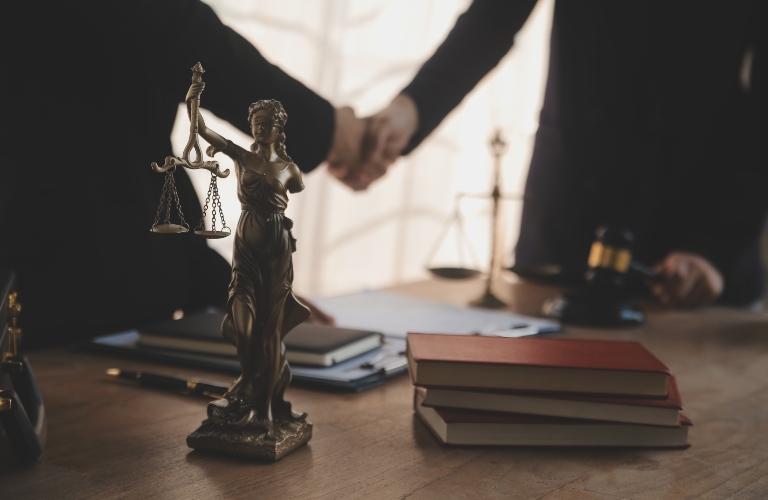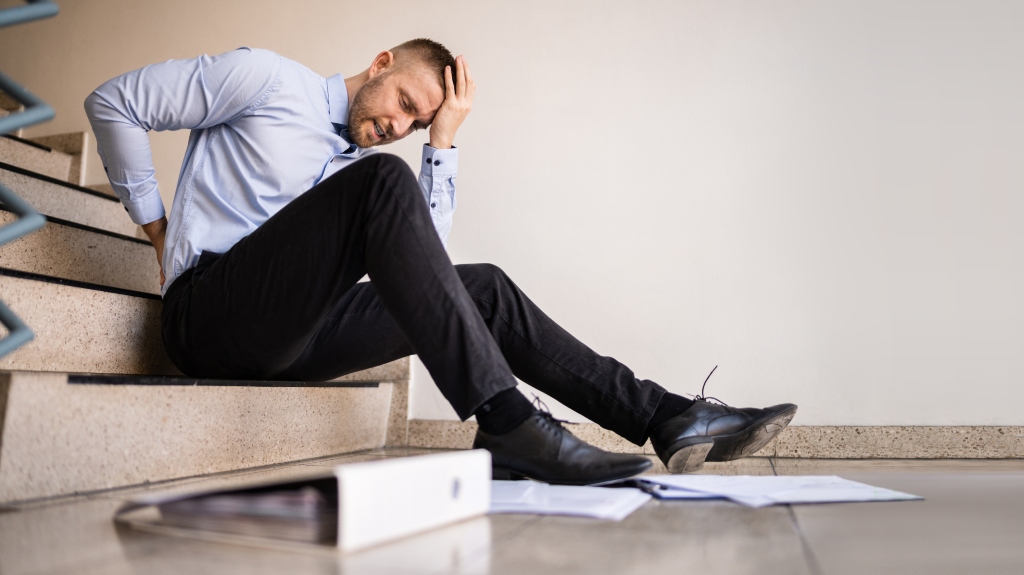How Do I Start a Slip and Fall Claim?
It always happens when you least expect it—a slick patch of floor, a loose stair, a poorly lit entryway. One second you’re walking with purpose, and the next, you’re on the ground, stunned, hurting, and wondering what just happened. Slip and fall accidents might seem minor at first glance, but for many, they lead to real injuries, medical bills, and time away from work that no one plans for.
If you’ve found yourself in this situation, you might be asking: What now? This guide breaks down exactly how to start a slip and fall claim and why the steps you take early on can make or break your case. And if you’re not sure where to start, remember that Attorney Michael J. Brennan is just a phone call away, ready to help you move forward with assurance.
Understand What Qualifies as a Slip and Fall Claim
Slip and fall accidents occur more than most people realize, but not every tumble leads to legal action. For a valid claim, the situation must meet certain criteria, and it all boils down to whether the property owner was negligent.
Legally speaking, slip and fall cases fall under what’s called premises liability, Premises liability laws in Illinois hold property owners responsible for keeping their area safe for visitors. If they fail to fix a hazardous condition or don’t alert people to it and someone gets injured as a result, that could be grounds for a slip and fall claim.
What qualifies as a dangerous situation? Things like slippery floors without caution signs, damaged stair railings, bumpy sidewalks, icy paths, or dim lighting on staircases all fit that description. The key point is showing that the property owner either knew about the problem or should have, but still didn’t fix it.
Steps to Take Immediately After the Accident
Right after a slip and fall, it’s easy to feel rattled, especially if you’re not sure how badly you’re hurt. But what you do in those first few moments (and the days that follow) can really shape what happens next, especially if you’re thinking about filing a claim.
- Get medical care, even if the injury seems small: Not all injuries show up right away. A sore ankle might turn out to be a fracture, and a bump on the head could become more serious over time. Seeing a doctor helps protect your health and creates a record linking your injuries to the fall.
- Report the incident to whoever’s in charge: Inform the owner, manager, or supervisor of the property about the incident. Request them to document the report and, if possible, obtain a copy for your records. This small action can prove helpful down the road.
- Take photos of the scene: If you can, snap pictures of where you fell and what caused it, whether it’s a wet floor, uneven concrete, or poor lighting. Try to do this before the hazard is cleaned up or fixed.
- Talk to witnesses: If anyone witnessed the incident, ask them for their contact details. A brief account from someone who was present can back up your version of events.
- Record everything while it’s fresh: Write down what you can recall: your location, your activity at the time, what led to the fall, and how you felt afterward. These notes can be incredibly helpful, especially if your memory fades or if you speak to a lawyer later.
Taking these steps won’t guarantee a claim—but they’ll give you a much stronger starting point if you decide to pursue one.
When and How to File a Claim
After a slip and fall, once you’ve seen a doctor and had a moment to process what happened, it’s a good idea to start thinking about your next steps, especially if the injury is affecting your ability to work or cover expenses. Illinois gives you up to two years to file a personal injury claim, but acting sooner can make a real difference. The longer you wait, the harder it can be to gather the details you’ll need.

Start by pulling together anything that documents the accident: medical records, photos from the scene, witness names, and notes about how the injury is affecting your daily life. If you’ve lost wages or faced out-of-pocket costs, keep track of those too.
You might be tempted to deal directly with the property owner’s insurance company, and in some cases, that’s how it starts. But it’s smart to be careful—what you say early on can be used to downplay your claim. That’s why having a personal injury lawyer on your side can really help. They’ll take care of the paperwork, handle the back-and-forth with insurance adjusters, and make sure your case reflects the full impact of what you’ve been through.
The process doesn’t have to be overwhelming. Getting the right help early on can give you peace of mind and a much better shot at a fair outcome
Get Trusted Legal Help from Michael J. Brennan
If you’ve been injured in a slip and fall and aren’t sure where to turn, you don’t have to figure it out alone. Michael J. Brennan has the experience and insight to help you understand your options and fight for the compensation you deserve. Reach out today for a free consultation—no pressure, just straightforward guidance.


